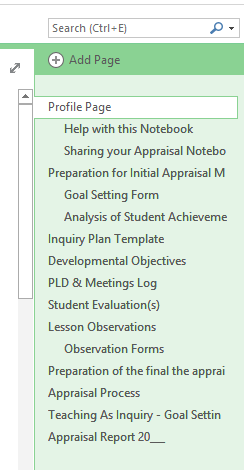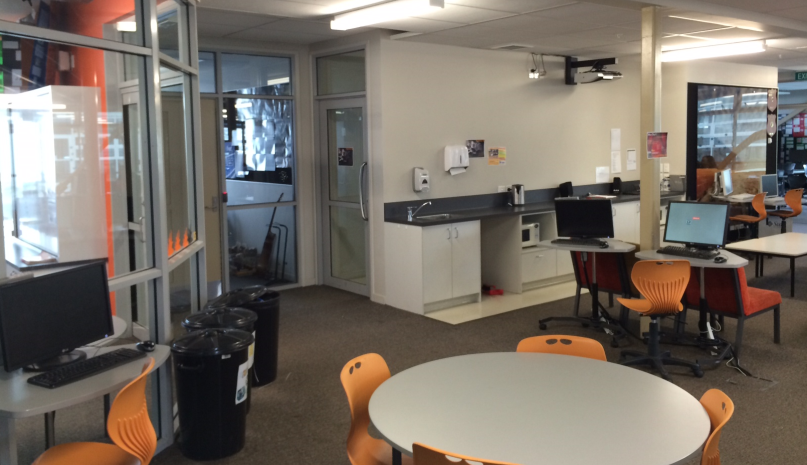In our recent visit ERO had
specifics about how the school approaches priority learners from all
levels.
- They commented "When we asked teachers who are the priority learners in this class" they gave answers like 'I treat them all as priority learners.', 'I'll just look that up on Kamar.' or 'I don't know'." This they lamented "how can there be strategies for these struggling kids if the teacher doesn't know who they are immediately?".
- Maori Students. They commented that in documentation that there is much use of the word 'Maori' but one reviewer said "there is no Puku to it". They wanted to know how the staff were catering to their Maori students. They were critical that staff didn't see the necessity of this - one reviewer recommended that staff have to see that we're struggling to motivate, retain, our students. They said that using 'participation' data masks the real case and we should show staff Maori stats in 'roll' data.
- They indicated that they wanted the school charter/documentation to specifically require staff to link names and numbers of priority learners.
ERO Define Priority Learners as...
Priority learners are groups of students who have been identified as historically not experiencing success in the New Zealand schooling system. These include many Māori and Pacific learners, those from low socio-economic backgrounds, and students with special education needs. Evaluation at a Glance: Priority Learners in New Zealand Schools [August 2012]Here at Waihi College we've a community which has a significant number of students that are easily identifiable as being a Priority Learner. We have 28% of our roll identifying as Maori, 2% as Pacific Islander and of course we are a decile three socio-economic school.
So how are we going with our education of our Priority Learners?
Online Information About Waihi College (and all NZ high schools).
There is recently a live website called Education Counts. www.educationcounts.govt.nz
Here is a slideshow of some of the key information we have on the website...
Where this leaves us at this stage of the year. I think that some of the key next steps is for us (collective us) to...
- Formulate a list of which students at each level are identifiable as 'Priority Learners' - this is beyond just seeing if Kamar has ethnicity of Maori/PI or if the student is in the Memphis Centre. Query - how readily accessible should this list be? Do the students on the list need to know they're on it? Do the parents? What avenues are there for parents to indicate their child should be added to the list? Can parents/students opt out of being on the list?
- Formulate what can be recognised as good practice around the education of 'Priority Learners'.
- Look at the levels of expectation we have for the additional support for our Priority Learners - what are the minimal additional actions that are needed by staff.
- Look at each individual learner - try to systematically identify where the needs are of these Priority Learners.
This post relates to RTC # 10. "Work effectively within the bicultural context of Aotearoa New Zealand part ii. specifically and effectively address the educational aspirations of ākonga Māori, displaying high expectations for their learning." and RTC # 3. "Demonstrate commitment to bicultural partnership in Aotearoa New Zealand."








